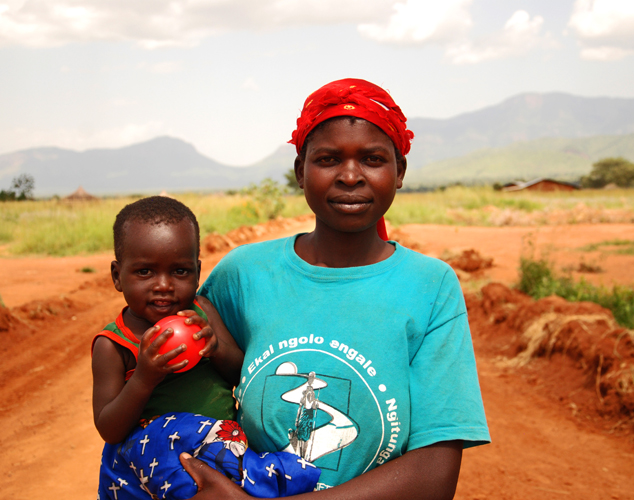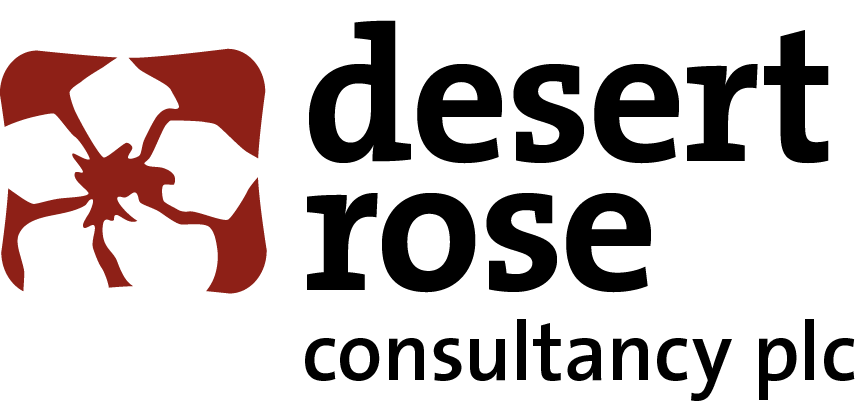Contextualising maternal health for
different regions

Desert Rose recently partnered with the Center for Creative Leadership (CCL Ethiopia) on an evaluative project for Samaritan’s Purse Uganda. Samaritan’s Purse asked us to research how their Maternal Child Health Project in Karamoja, a northeastern region of Uganda, could be contextualised for different regions and cultural contexts. We produced a handbook aimed at practitioners who wish to bring the Care Group project to different communities.
Karamoja
The region of Karamoja has been experiencing drought for the last three years. Most of the region has gone without a true harvest for nearly five years and the resulting hunger seasons have proven to be lethal for many vulnerable families. The situation has unavoidably impacted the participants of the Care Groups and has made the practice of many important health messages difficult. Women have difficulty breastfeeding the recommended 8-10 times a day because they are not lactating due to low nutritional intake. Mothers struggle to provide nutritionally balanced meals for their families when food is scarce and many have had to migrate in search of work and food.




The Maternal Health project in Karamoja functions through Care Groups (a model developed by Food for the Hungry), purposed on delivering key messages to mothers in the community in small groups every two weeks for up to two years. Learning is shared through ‘Health Promoters’ teaching ‘Leader Mothers’ who in turn are responsible for sharing messages with members of their Care Group ‘Neighbour Women’. Sessions are composed of games, song, dance and discussion as well as regular visits to households to enforce messaging inside the home. Messages include information on sanitation, nutrition and family planning and are standardised through the use of printed flip-charts distributed to individuals in the group.
As Care Groups are an integral part of the community and one of the most influential means of transferring knowledge and information at the household level, it is crucial that they develop strategies that will allow them to continue functioning effectively in difficult times.
Methodology
Our research combined individual interviews, focus group discussions and ethnographic observations to develop rich insights into elements of success in this particular region, as well as understand certain challenges as they had emerged. We spent time listening to individuals at all levels of the project, including the Maternal Child Health Project Manager in Karamoja, Health Supervisors, Health Promoters, Leader Mothers as well as the Neighbour Women themselves. We also spoke with several husbands of Neighbour Women and other local staff. These listening exercises helped to establish patterns for where barriers to change lay and how they were being overcome. Ethnography provided a rich and detailed account of the daily, often contradictory and cultural ways in which behaviour practices were both informed and challenged.
Contextualising for the community
The first step to entering a community is doing the research necessary to understand that community in its unique context. What are the traditions, beliefs, habits, routines, literacy levels of the community? And how might these factors affect the way one designs the various aspects of the project to be most effective for and relevant to the participating community?
In Karamoja we found that by understanding the daily routines and the role of women in society, Samaritan’s Purse was better able to appropriately hire Health Promoters and select Care Group meeting times and locations. One of our key insights that we drew from our research was that regardless of how much one believes a community can benefit from Care Groups, its implementation will only be successful if there is strong buy in from the community and Leader Mothers will have to – voluntarily – give their time, energy and resources to seeing the project through.
